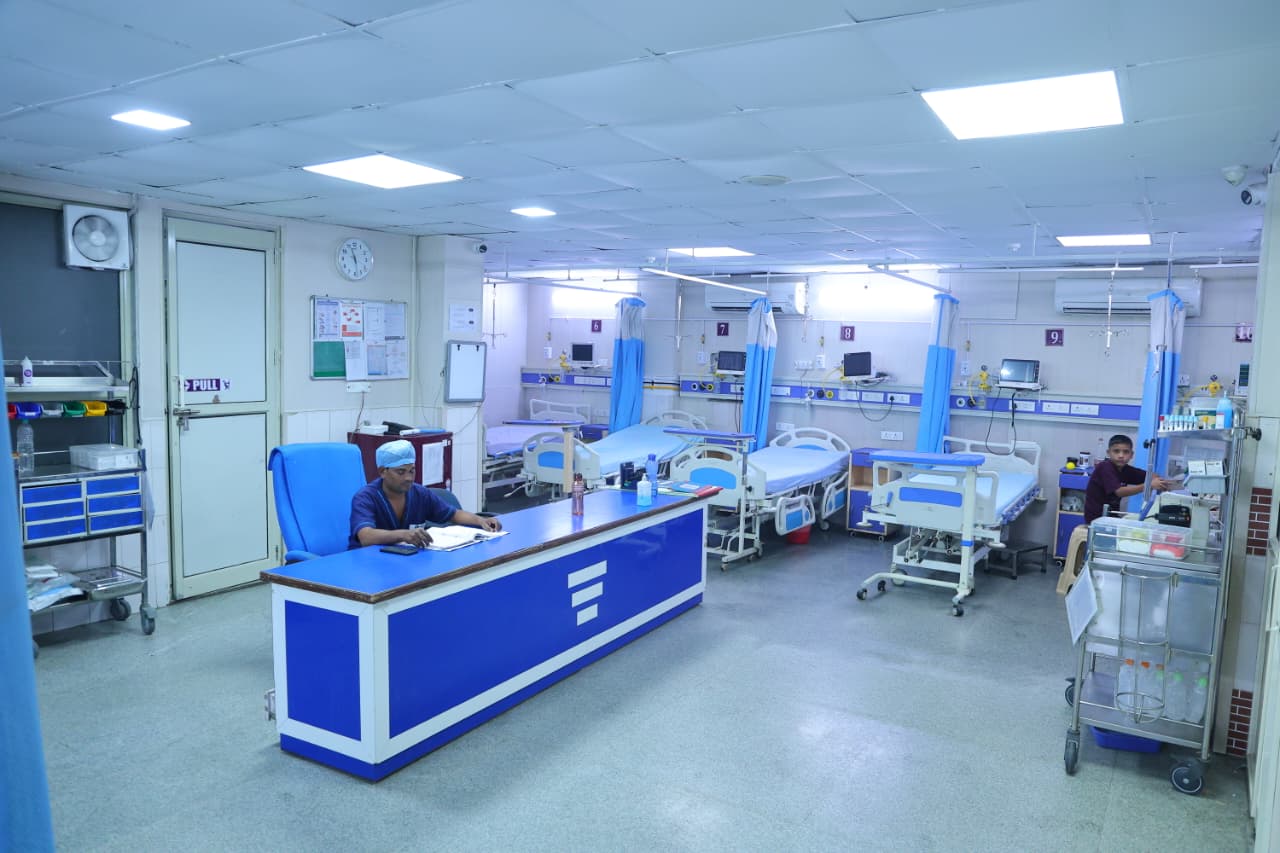
Starting a healthcare business is a challenging and rewarding endeavour. From innovative medical technologies to personalized patient care, healthcare start-ups have the potential to revolutionize the industry. However, one of the biggest challenges these start-ups face is securing adequate funding. This is where bootstrapping comes in – a strategy that involves using personal savings or operating revenues to fund a start-up, without relying on external investors.
What is Bootstrapping?
Bootstrapping is the process of starting and growing a business with limited financial resources. It requires a great deal of creativity, resourcefulness, and discipline. For healthcare start-ups, bootstrapping means finding ways to fund operations, research, and development without outside capital. This can involve personal savings, revenue generated from early sales, or even side jobs to sustain the business in its early stages.
10 Ways to Bootstrap in Healthcare: Strategies for Indian Start-Ups
Bootstrapping a healthcare start-up in India comes with its own unique set of challenges and opportunities. Here are ten effective strategies to help you get started and succeed without relying on external investors:
1. Leverage Government Initiatives and Grants
The Indian government offers several initiatives and grants to support healthcare start-ups. Tap into these to kickstart your venture. These programs also offer access to cutting-edge research and development facilities. By leveraging these resources, you can significantly reduce initial costs and accelerate your growth. Additionally, government recognition can enhance your credibility and open doors to further opportunities.
2. Utilize Incubators and Accelerators
Joining healthcare-focused incubators and accelerators can provide essential support and resources. These platforms offer mentorship, networking opportunities, and funding assistance. They also provide access to industry experts and potential collaborators, helping
to refine your business model. Additionally, being part of an incubator or accelerator can increase your start-up’s visibility and credibility in the market.
3. Collaborate with Academic Institutions
Partner with universities and research institutions for R&D support. Many institutions are open to collaborating on innovative healthcare projects, providing access to labs, equipment, and expertise at a lower cost. India’s diverse population offers numerous niche markets. Tailor your products and services to cater to specific regional needs and demographics. Localized solutions can quickly gain acceptance and drive revenue. By understanding and addressing local health issues and preferences, you can build stronger connections with your target audience. Additionally, engaging with local communities can enhance your brand’s reputation and create opportunities for grassroots marketing and partnerships. These partnerships can also facilitate access to a pool of talented students and researchers eager to work on groundbreaking projects.
4. Focus on Affordable Solutions
Develop cost-effective healthcare solutions that address the needs of the people. Affordable healthcare products and services are more likely to gain traction and generate revenue quickly. By targeting affordability, you can tap into a larger market segment, including underserved communities. Additionally, affordable solutions can drive positive social impact, enhancing your start-up’s reputation and long-term sustainability.
5. Utilize Digital Health Platforms
Leverage digital health platforms to reach a wider audience at a lower cost. Telemedicine, mobile health apps, and online health services can help you expand your reach without significant infrastructure investment. These platforms also enable real-time data collection and patient monitoring, improving the quality of care. Additionally, digital tools can facilitate personalized healthcare solutions and enhance patient engagement, leading to better health outcomes and increased customer loyalty.
6. Offer Preventive Healthcare Services
Preventive healthcare is gaining importance in India. Create services focused on wellness, early diagnosis, and disease prevention. These services often require less capital to start and can quickly generate revenue. By prioritizing preventive care, you can help reduce the overall healthcare burden and build long-term relationships with clients. Additionally, preventive services can position your start-up as a leader in proactive health management, enhancing your market presence.
7. Engage in Crowdfunding
Crowdfunding platforms are popular in India and can be a valuable resource for raising funds from the public for your healthcare start-up. Successful campaigns not only provide financial support but also help validate your idea and attract attention. Additionally, crowdfunding can create a community of early supporters and advocates for your product or service. Engaging directly with contributors can provide valuable feedback and enhance your product development. Moreover, a strong crowdfunding campaign can generate media coverage and further boost your visibility.
8. Form Strategic Partnerships
Strategic partnerships can provide access to resources, distribution channels, and expertise, reducing your operational costs. These alliances can also open up new market opportunities and enhance your start-up’s credibility. By working with partners who share similar goals, you can leverage their networks and experience to accelerate your growth and impact
9. Implement Lean Methodologies
Adopt lean start-up principles to minimize waste and maximize efficiency. Focus on creating a minimum viable product (MVP), gather feedback, and iterate quickly. This approach helps in conserving resources while improving your offering. By continuously refining your product based on user feedback, you can better align with market needs and avoid mistakes. Additionally, lean methodologies create a culture of innovation and quickness, enabling your start-up to adapt swiftly to changing conditions.
10. Tap into Local Markets
India's diverse population offers numerous niche markets. Tailor your products and services to cater to specific regional needs and demographics. Localized solutions can quickly gain acceptance and drive revenue. By understanding and addressing local health issues and preferences, you can build stronger connections with your target audience. Additionally, engaging with local communities can enhance your brand’s reputation and create opportunities for marketing and partnerships.
Conclusion
Bootstrapping a healthcare start-up in India requires innovation, resourcefulness, and strategic planning. By leveraging government support, forming strategic partnerships, focusing on affordability, and utilizing digital platforms, you can build a sustainable healthcare business that addresses the unique needs of the Indian market. Embrace the challenges and opportunities, and let your passion for improving healthcare drive your success.
Recent Posts

Get Free
Consultations
Special Advisors









Future of Hospital Design in India